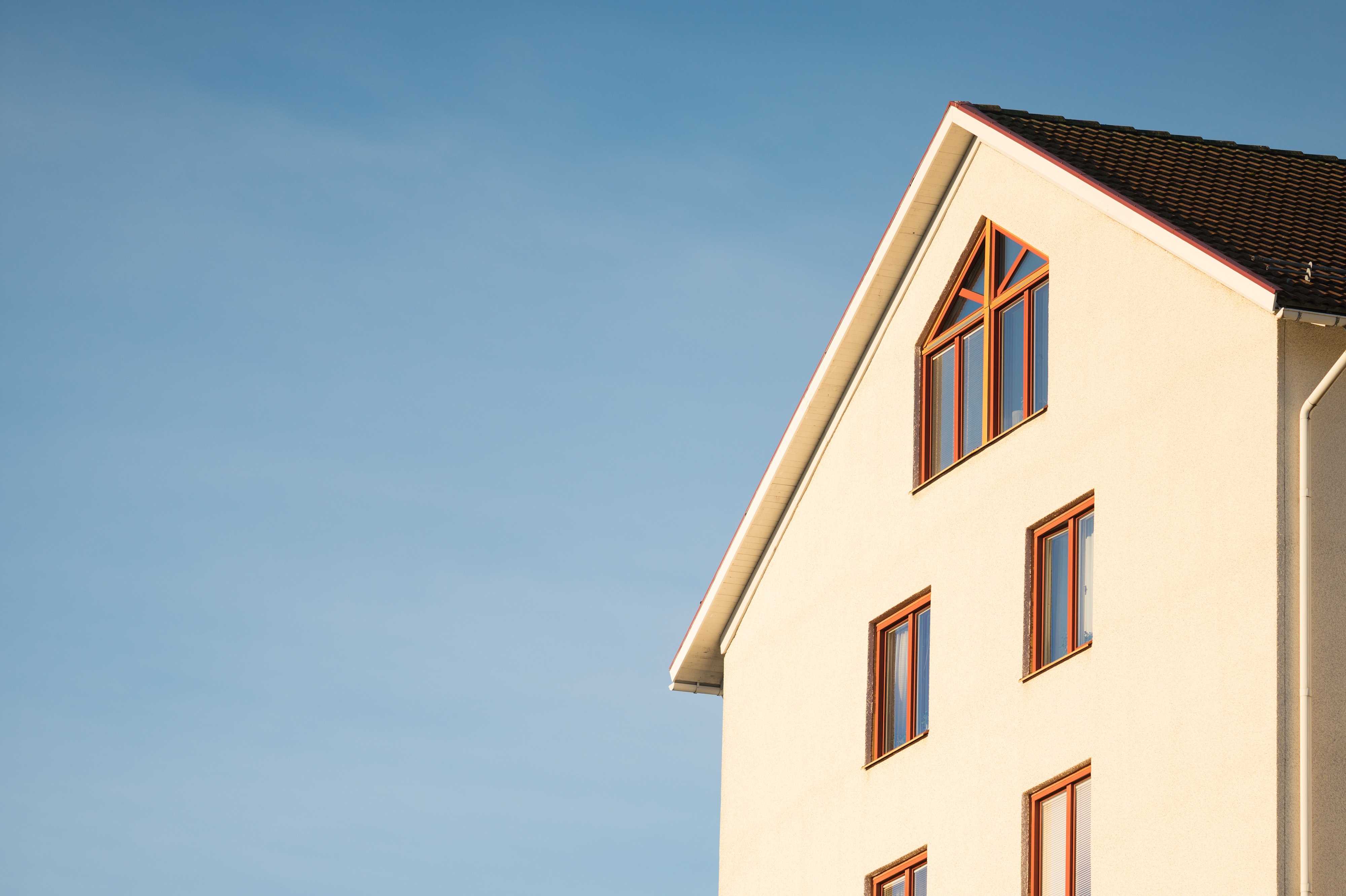Landlords can legitimately reduce their tax bills by claiming for the expenses of running and maintaining their property. Before letting out a property, it’s important to be aware of which expenses can be claimed back which cannot.
Allowable Expenses.
These are expenses that are ‘wholly and exclusively’ for the purpose of renting out your property. If there are times that only part of the expense meets this condition, you can deduct that part from your income. You can also claim on allowable expenses if you only rent out part of your home or your property for only part of the year. However, you will have to divide your expenses and only claim on the purchases made as a result of renting out your property.
Examples of allowable expenses:
- Household bills such as water, gas, electricity, council tax. (Only if they are an added expense for you).
- Services: Landlord Insurance, letting agents’ fees (for lets of a year or less), legal fees, accountant fees, wages of gardeners or cleaners (as part of the rental agreement).
- Other expenses: phone calls (regarding the property), stationery and advertising for new tenants.
‘Wear and Tear’ Allowance.
The ‘wear and tear’ allowance used to let landlords who let out ‘fully furnished’ properties claim a maximum of 10% of the net annual rent each year for wear and tear of furnishings.
In 2016, this allowance for landlords was replaced by the ‘replacement of domestic items’ relief. The change in policy was aimed to create a more consistent and fairer way of calculating taxable profits.
‘Replacement of Domestic Items’ Relief.
The replacement of domestic items relief only applies to items that have been replaced and no longer used in the property. Therefore, you cannot claim tax relief on the cost of adding furniture or appliances to a property for the first time. You can also claim the cost of disposing of the furniture or appliance.
Examples of domestic ‘replacement’ items that qualify for relief:
- Furniture, such as beds, sofas, tables.
- Furnishings, such as carpets, curtains, crockery.
- Appliances, such as fridges, washing machines, microwaves.
It’s important to note that you can only claim for a ‘like for like’ replacement. This means that you can only claim back for the amount you paid for the original item. For example, if you paid £500 for a sofa and replaced it with a £700 sofa, you could only claim £500 back on that expense.
These expenses can all be deducted from your rental income tax.
If you liked this, you may also like:
- What Taxes Do Landlords Need To Pay?
- Income Tax Relief You Could Be Missing Out On as a Landlord
- Who needs to complete a Self Assessment Tax Return?

